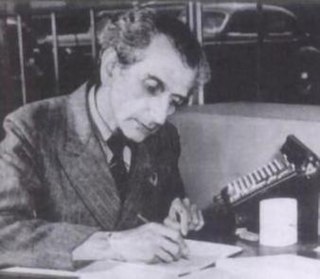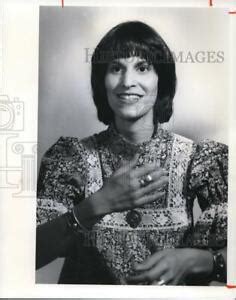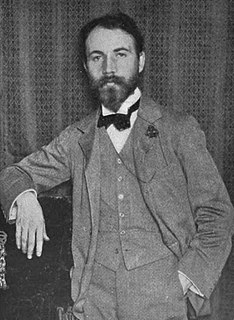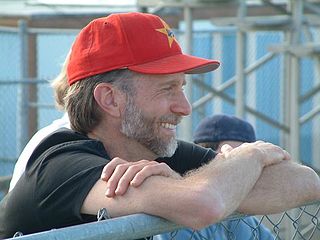A Quote by Lord Chesterfield
Most arts require long study and application, but the most useful art of all, that of pleasing, requires only the desire.
Related Quotes
Most of the arts, as painting, sculpture, and music, have emotional appeal to the general public. This is because these arts can be experienced by some one or more of our senses. Such is not true of the art of mathematics; this art can be appreciated only by mathematicians, and to become a mathematician requires a long period of intensive training. The community of mathematicians is similar to an imaginary community of musical composers whose only satisfaction is obtained by the interchange among themselves of the musical scores they compose.
It must be for truth's sake, and not for the sake of its usefulness to humanity, that the scientific man studies Nature. The application of science to the useful arts requires other abilities, other qualities, other tools than his; and therefore I say that the man of science who follows his studies into their practical application is false to his calling. The practical man stands ever ready to take up the work where the scientific man leaves it, and adapt it to the material wants and uses of daily life.
The tea ceremony requires years of training and practice ... yet the whole of this art, as to its detail, signifies no more than the making and serving of a cup of tea. The supremely important matter is that the act be performed in the most perfect, most polite, most graceful, most charming manner possible.
So if the worth of the arts were measured by the matter with which they deal, this art-which some call astronomy, others astrology, and many of the ancients the consummation of mathematics-would be by far the most outstanding. This art which is as it were the head of all the liberal arts and the one most worthy of a free man leans upon nearly all the other branches of mathe matics. Arithmetic, geometry, optics, geodesy, mechanics, and whatever others, all offer themselves in its service.
Art, in the widest sense of the word, is the instrument Hellenism has used and would use for that purpose. All the arts, poetry, music, ritual, the visual arts, the theatre, must work singly and together to create the most comprehensive art of all, a humanized society, and its masterpiece, the free man.
In mathematical science, more than in all others, it happens that truths which are at one period the most abstract, and apparently the most remote from all useful application, become in the next age the bases of profound physical inquiries, and in the succeeding one, perhaps, by proper simplification and reduction to tables, furnish their ready and daily aid to the artist and the sailor.
As a composer, I believe that music has the power to inspire a renewal of human consciousness, culture, and politics. And yet I refuse to make political art. More often than not political art fails as politics, and all too often it fails as art. To reach its fullest power, to be most moving and most fully useful to us, art must be itself.
The study of Freemasonry is the study of man as a candidate for a blessed eternity. It furnishes examples of holy living, and displays the conduct which is pleasing and acceptable to God. The doctrines and examples which distinguish the Order are obvious, and suited to every capacity. It is impossible for the most fastidious Mason to misunderstand, however he might slight or neglect them. It is impossible for the most superficial brother to say that he is unable to comprehend the plain precepts and the unanswerable arguments which are furnished by Freemasonry.



































